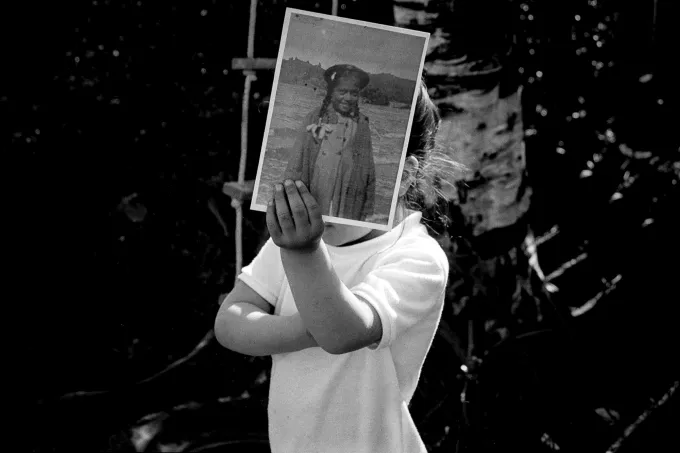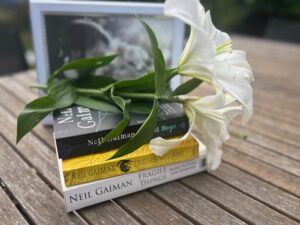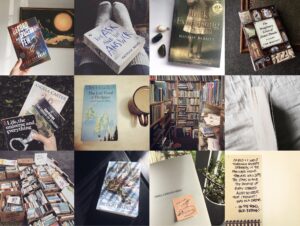It feels like I’m sending these journals into a void. Like an actual journal, for my eyes only, which is kinda freeing.
I had writer’s block until recently. Prior to that, I wrote a short story about a Japanese piano teacher who goes on a surfing trip to deal with a broken heart. This melancholy tale poured out of me in two or three days. Working in the second person for the first time gave me a sense of urgency that propelled the story forward, and I found that almost breathless quality made the writing experience deeply enjoyable. I’ve learned that Voice Is Key. I’ve realized that once I have the voice right, the story flows. The words come from somewhere else. Every creative person knows this feeling. You become a channel for the universe to express itself through. We’re all jonesing to get back in the zone. Where do ideas spring from within this state? The nothingness of a blank page. The collective unconsciousness. The void.
My mentor, the novelist James George, has a startling intellect. The kind of person who makes you feel like you’ve somehow gained a couple more IQ points after listening to them. Or more accurately, desire to be smarter so you can fully comprehend all the gems they keep dropping. I told him I was struggling with my short stories. Unlike writing a novel, which you can potentially plot out and continue moving forward towards an ending, whenever I finish a story I have to start again. Almost from scratch. New protagonist, new POV, new plot, new voice. This is a complication with writing short stories for a cycle. How many ways can you write about a thing? And I wasn’t totally sure what that thing was. There were many things!
James spoke to me about the notion of a controlling idea. He talked about Hemingway’s novel The Sun Also Rises about a damaged soldier coming back from war, a familiar Hemingway trope, and how this controlling idea gave Hemingway licence to roam through a landscape; to write about bullfighting and real drinking expeditions, changing the names only. JG explained that once the controlling idea is set in the reader’s mind, you can do that. I really liked the sound of this … how a controlling idea could give me some freedom to roam around too, in this psychological hinterland I’m conjuring that floats between Tokyo and New Zealand.
JG said, and I’m paraphrasing here, what truths are coming out? Is there a presence you can use as a controlling idea? The thematic presence is like a vessel where everything is being held like a bowl of soup; a series of reflections and responses to this central theme. It can be very subtle; a thematic resonance rather than a direct through-line. Every single thing doesn’t have to point to the master plot. Also, what are you leading up to here? Someone, after reading your short stories, will ask, well what do I make of all that? How close do I feel to the conflicts and ideas I’ve read about?
Plenty to ponder. I looked at the fifteen or so stories I’ve written and methodically listed their themes, which include loss, intimacy, the male gaze, mothers and daughters, the expat experience, dislocation and where is home anyway? A theme of running away emerged, which, although should have been obvious, took me by surprise. However, that was not my controlling idea. I realized that what’s really behind it all, although yet to be dealt with directly in any of my stories, is transgenerational trauma. Kinda heavy and something I’ve been trying to, well … avoid.





